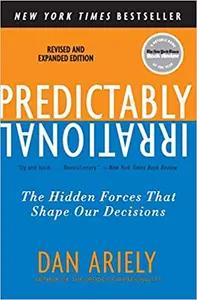Predictably Irrational: The Hidden Forces that Shape Our Decisions
By Dan Ariely
Category
PsychologyRecommended by
"Predictably Irrational" by Dan Ariely explores the irrational behaviors that influence our decision-making process. Drawing from experiments and research in fields such as psychology and behavioral economics, Ariely sheds light on the predictable patterns of human irrationality that often defy conventional economic theories.
Through engaging anecdotes and thought-provoking examples, Ariely exposes the hidden forces that shape our choices and actions. He reveals how social norms, emotions, and our own irrational biases can distort our judgment, leading us to make decisions that are not always in our best interest. From the allure of free products to the influence of anchoring and framing effects, he explains how our cognitive biases can drive us towards irrational behavior.
In "Predictably Irrational," Ariely challenges the traditional economic assumptions of rational behavior and offers a new perspective on why we make the choices we do. He explores topics such as the cost of procrastination, the power of price anchoring, and the impact of social norms on our decision-making process. Through his rigorous experiments and thought-provoking insights, Ariely aims to help readers recognize and overcome their own irrational tendencies in order to make more informed choices.
With a clear and accessible writing style, "Predictably Irrational" captivates readers by presenting complex psychological concepts in an engaging and relatable manner. It offers valuable lessons for individuals, businesses, and policymakers alike, highlighting the importance of understanding irrational behavior in order to navigate the intricacies of the modern world. By embracing the reality of our irrational nature, Ariely encourages readers to question the assumptions that drive their decisions and ultimately improve their own decision-making skills.
In this fascinating and enlightening book, Dan Ariely provides a captivating exploration of human irrationality, offering valuable insights into the mysteries of our decision-making process. "Predictably Irrational" challenges our assumptions about rationality and offers practical strategies for navigating the complexities of our own irrational tendencies.
Through engaging anecdotes and thought-provoking examples, Ariely exposes the hidden forces that shape our choices and actions. He reveals how social norms, emotions, and our own irrational biases can distort our judgment, leading us to make decisions that are not always in our best interest. From the allure of free products to the influence of anchoring and framing effects, he explains how our cognitive biases can drive us towards irrational behavior.
In "Predictably Irrational," Ariely challenges the traditional economic assumptions of rational behavior and offers a new perspective on why we make the choices we do. He explores topics such as the cost of procrastination, the power of price anchoring, and the impact of social norms on our decision-making process. Through his rigorous experiments and thought-provoking insights, Ariely aims to help readers recognize and overcome their own irrational tendencies in order to make more informed choices.
With a clear and accessible writing style, "Predictably Irrational" captivates readers by presenting complex psychological concepts in an engaging and relatable manner. It offers valuable lessons for individuals, businesses, and policymakers alike, highlighting the importance of understanding irrational behavior in order to navigate the intricacies of the modern world. By embracing the reality of our irrational nature, Ariely encourages readers to question the assumptions that drive their decisions and ultimately improve their own decision-making skills.
In this fascinating and enlightening book, Dan Ariely provides a captivating exploration of human irrationality, offering valuable insights into the mysteries of our decision-making process. "Predictably Irrational" challenges our assumptions about rationality and offers practical strategies for navigating the complexities of our own irrational tendencies.
Share This Book 📚
More Books in Psychology
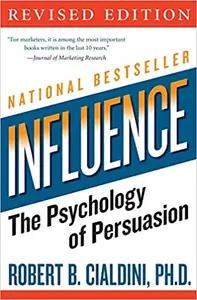
Influence
Robert Cialdini
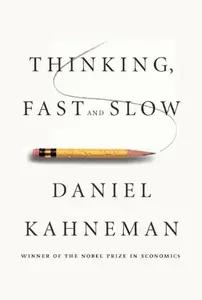
Thinking, Fast and Slow
Daniel Kahneman

Man's Search for Meaning
Viktor Frankl
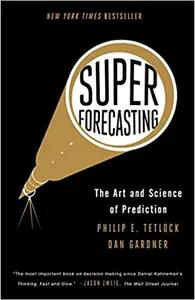
Superforecasting
Philip Tetlock
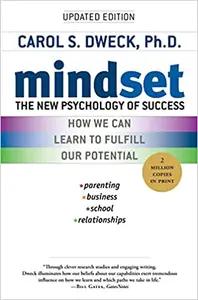
Mindset
Carol Dweck

Lying
Sam Harris
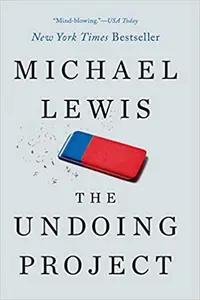
The Undoing Project
Michael Lewis

12 Rules For Life
Jordan B. Peterson

Alchemy
Rory Sutherland
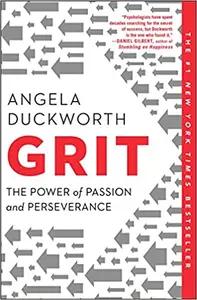
Grit
Angela Duckworth

Living With A SEAL
Jesse Itzler

Drunk Tank Pink
Adam Alter
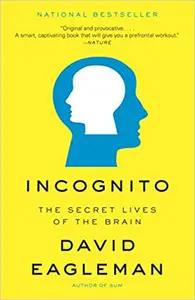
Incognito
David Eagleman
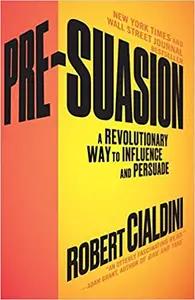
Pre-Suasion
Robert Cialdini

Tao Te Ching
Lao Tzu

The Hero with a Thousand Faces
Joseph Campbell
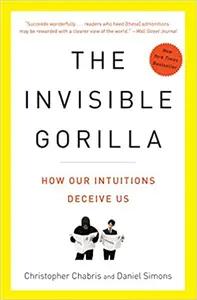
The Invisible Gorilla
Christopher Chabris
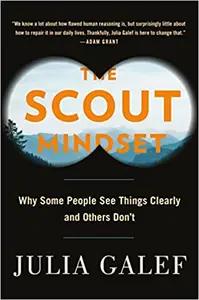
The Scout Mindset
Julia Galef
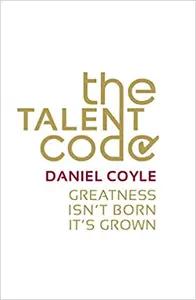
The Talent Code
Daniel Coyle
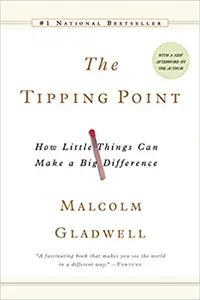
The Tipping Point
Malcolm Gladwell

Tribe
Sebastian Junger

A History of the Mind
Nicholas Humphrey

A Short Guide to a Happy Life
Anna Quindlen
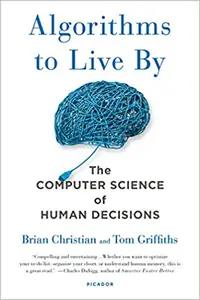
Algorithms to Live By
Brian Christian
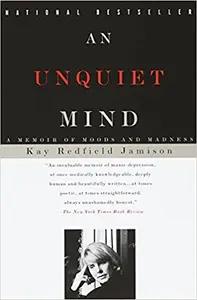
An Unquiet Mind
Kay Jamison
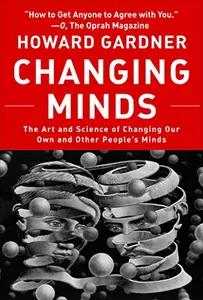
Changing Minds
Howard Gardner
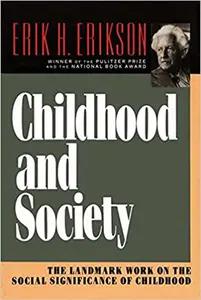
Childhood and Society
Erik Erikson

Consciousness
Susan Blackmore

Discovering Your Personality Type
Don Richard Riso
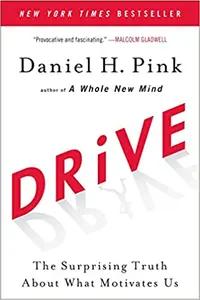
Drive
Daniel Pink
Popular Books Recommended by Great Minds 📚
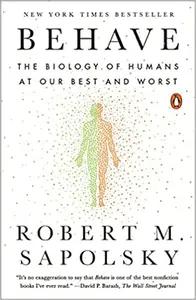
Behave
Robert Sapolsky
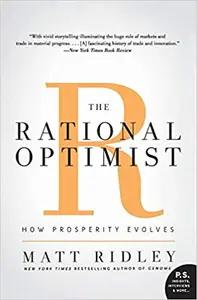
The Rational Optimist
Matt Ridley
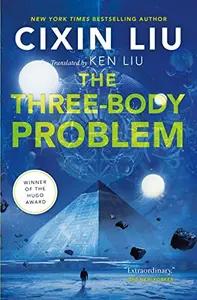
The Three Body Problem
Cixin Liu

Shoe Dog
Phil Knight
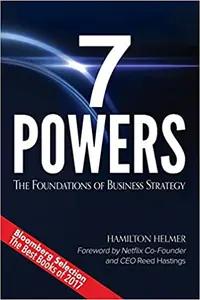
7 Powers
Hamilton Helmer

The Ride of a Lifetime
Bob Iger
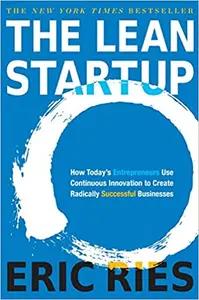
The Lean Startup
Eric Reis
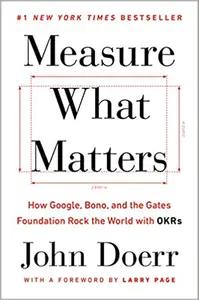
Measure What Matters
John Doerr
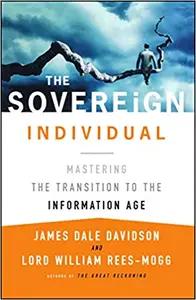
The Sovereign Individual
James Dale Davidson & William Rees-Mogg

The Fountainhead
Ayn Rand

How to Change Your Mind
Michael Pollan
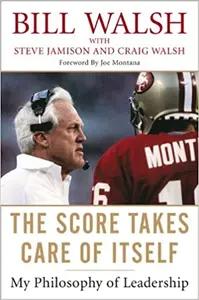
The Score Takes Care of Itself
Bill Walsh
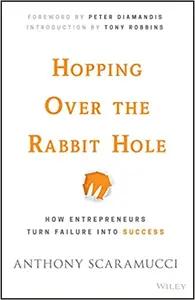
Hopping Over The Rabbit Hole
Anthony Scaramucci
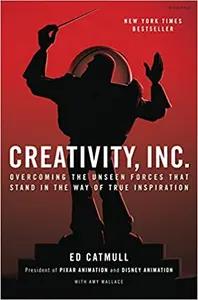
Creativity, Inc.
Ed Catmull

American Kingpin
Nick Bilton

Red Notice
Bill Browder

The Great CEO Within
Matt Mochary
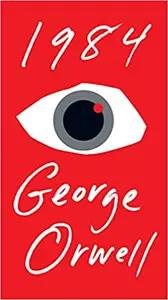
1984
George Orwell
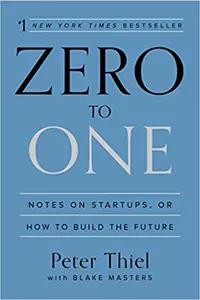
Zero to One
Peter Thiel
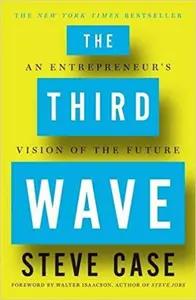
The Third Wave
Steve Case

The Intelligent Investor
Benjamin Graham

The Almanack of Naval Ravikant
Eric Jorgenson
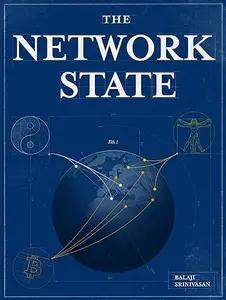
The Network State
Balaji Srinivasan
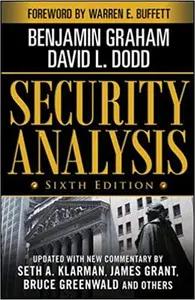
Security Analysis
Benjamin Graham
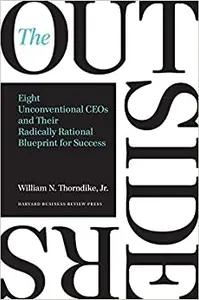
The Outsiders
William Thorndike
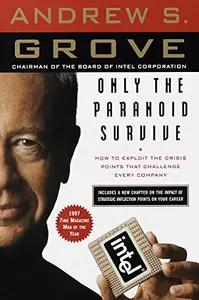
Only the Paranoid Survive
Andy Grove
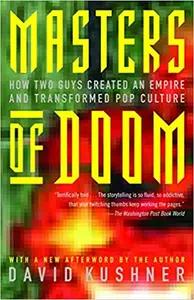
Masters of Doom
David Kushner
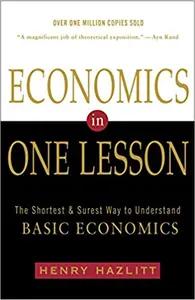
Economics in One Lesson
Henry Hazlitt

Lying
Sam Harris
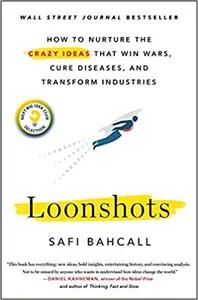
Loonshots
Safi Bahcall
